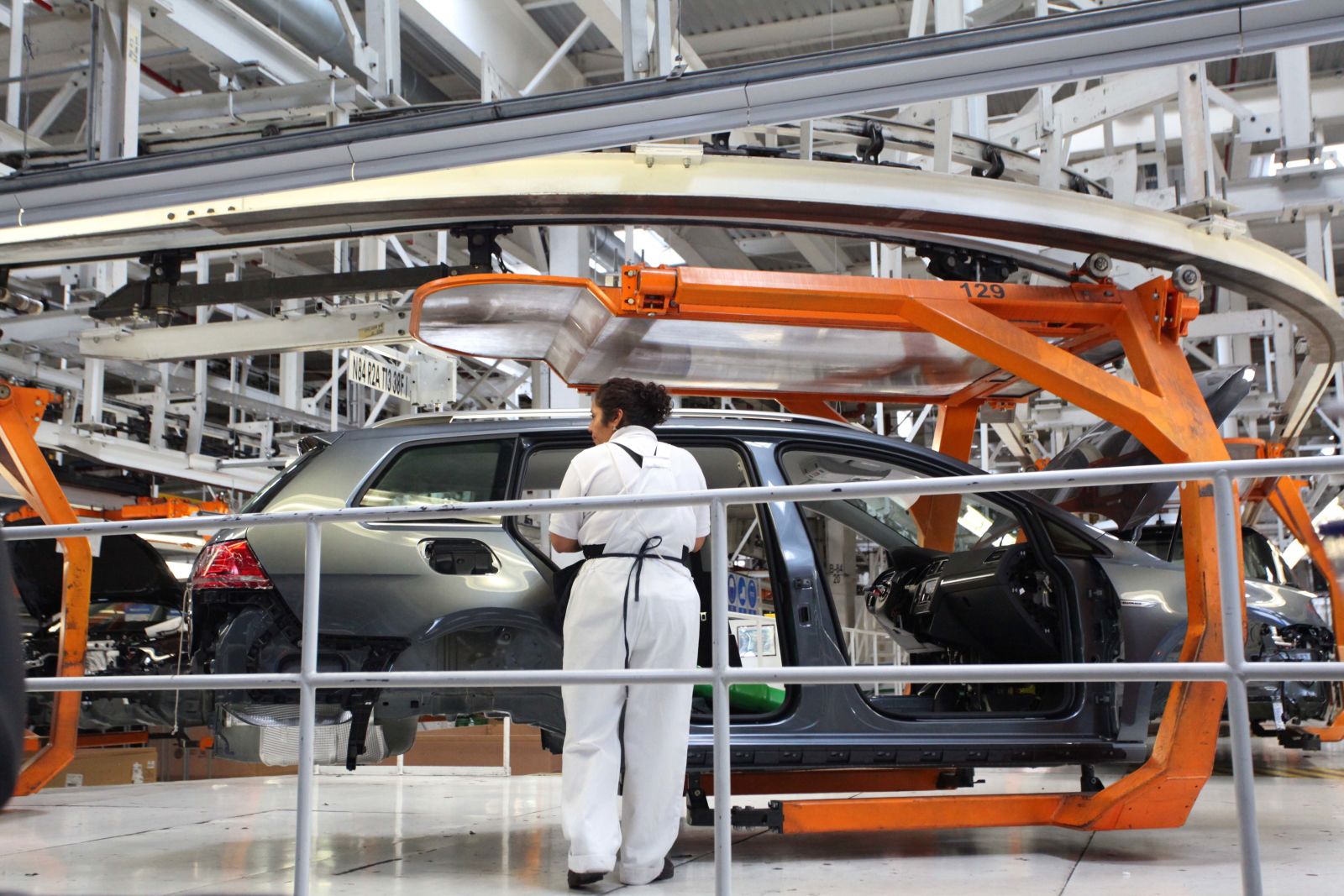Education
Cultural change

In Mexico, education is lagging behind technological trends, says Carlos Gómez Payán, a professor of engineering and computer sciences at the Instituto Tecnológico y de Estudios Superiores de Monterrey. Though universities and polytechnical schools are considering up-to-date skills-demand, there is a lack of data concerning how well their graduates actually succeed in labour markets. To find their place in technologically ever more demanding sectors, young people must prepare well, and only those who are willing to adapt will find good opportunities, the professor warns.
“In industrial manufacturing and electronics, an ideal employee should have all the relevant knowledge and skills,” says Gómez Payán. Staff must be able to handle hardware and software, know how to configure systems and platforms of products, and be capable of designing products in a way that they serve their purpose. “New technology areas matter, including virtual reality, the Internet of things, automation, intelligent systems, big data et cetera,“ the scholar states. He expects dramatic innovation in areas like biometric recognition, artificial intelligence, health monitoring and various smart electronic devices. Change is likely to go beyond mere production processes, moreover. Gómez Payán speaks of cultural change that will at very least concern everyone with access to the innovations.
People who specialise in the analysis of statistics and mathematical data processing should have good career opportunities, the professor predicts, because data-based systems are becoming increasingly important in business. Industry 4.0 is the buzzword experts use when discussing the economic future. Among other things, digital technology will probably facilitate production in sync with demand. The members of future generations are expected to become ever more adept at using digital devices, and accordingly they are likely to demand ever more sophisticated products and services. (vm)










